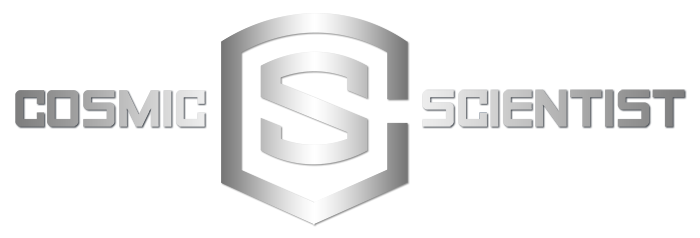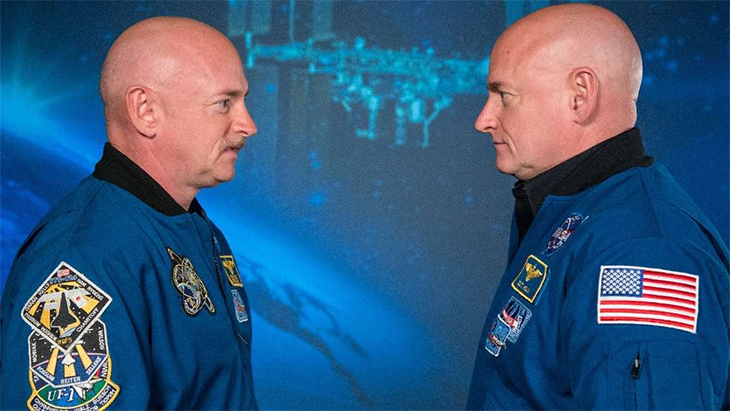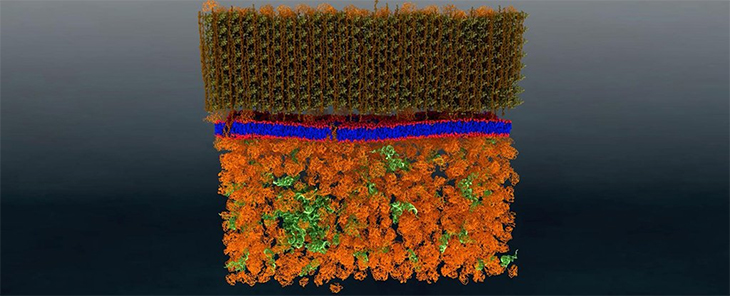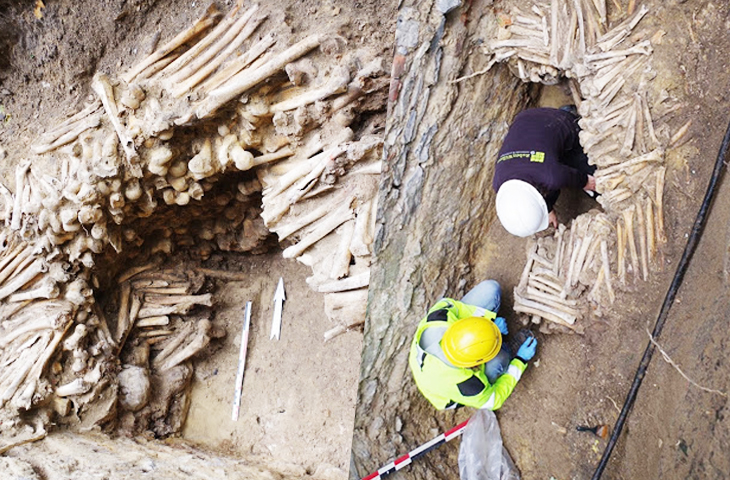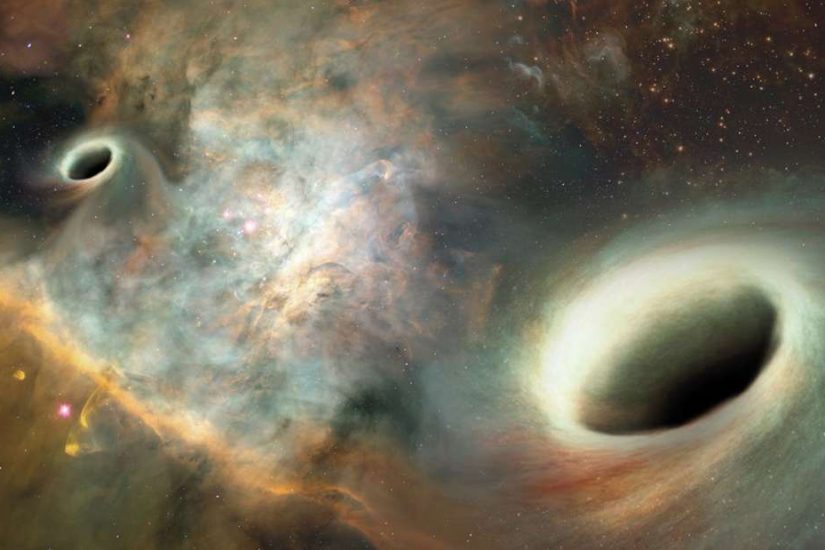By: Alfredo Carpineti/IFLScience New preliminary results from NASA’s Twin Study suggest that going to space increases DNA methylation, a process responsible for turning on and off genes. These findings not only provide a glimpse into this cellular process but also tells scientists how the human body might change once it gets into space.
“Some of the most exciting things that we’ve seen from looking at gene expression in space is that we really see an explosion, like fireworks taking off, as soon as the human body gets into space,” Twins Study Principal Investigator Dr Chris Mason of Weill Cornell Medicine said in a statement. “With this study, we’ve seen thousands and thousands of genes change how they are turned on and turned off. This happens as soon as an astronaut gets into space, and some of the activity persists temporarily upon return to Earth.”
The unique experiment was possible thanks to Mark and Scott Kelly, who are twins and were both NASA astronauts. Scott Kelly spent more than 11 months in space (between 2015 and 2016), and given that he had a great control sample in his brother Mark, NASA jumped on this groundbreaking research effort.
The full study is yet to be published, but some of the findings are already available. In one of these genetic studies, researchers discovered that Scott Kelly’s telomeres grew longer than Mark’s. This was the opposite of what was expected.
“This study represents one of the most comprehensive views of human biology,” Mason added. “It really sets the bedrock for understanding molecular risks for space travel as well as ways to potentially protect and fix those genetic changes.”
The study looked at four main aspects of human biology: It investigated physiology and how microgravity affects different organs, like the heart and brain. It also looked into changes in perception and reasoning, which make up the core of behavioral health, and considered the human microbiome and how space flights might affect the bacteria living in our guts. Finally, it looked at any changes in genetics between Scott and Mark.
The Twin Study is part of NASA’s Human Research Program, which looks into the best technology to ensure that human spaceflight is as safe as possible.
